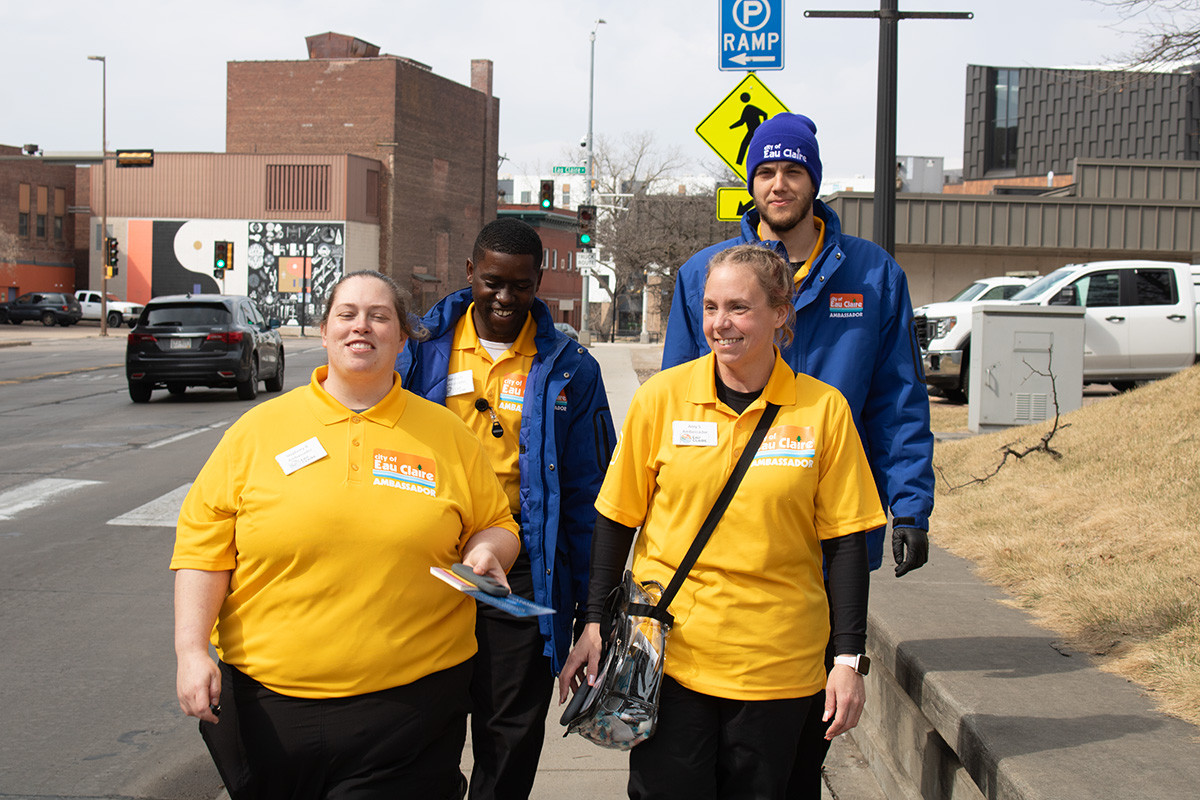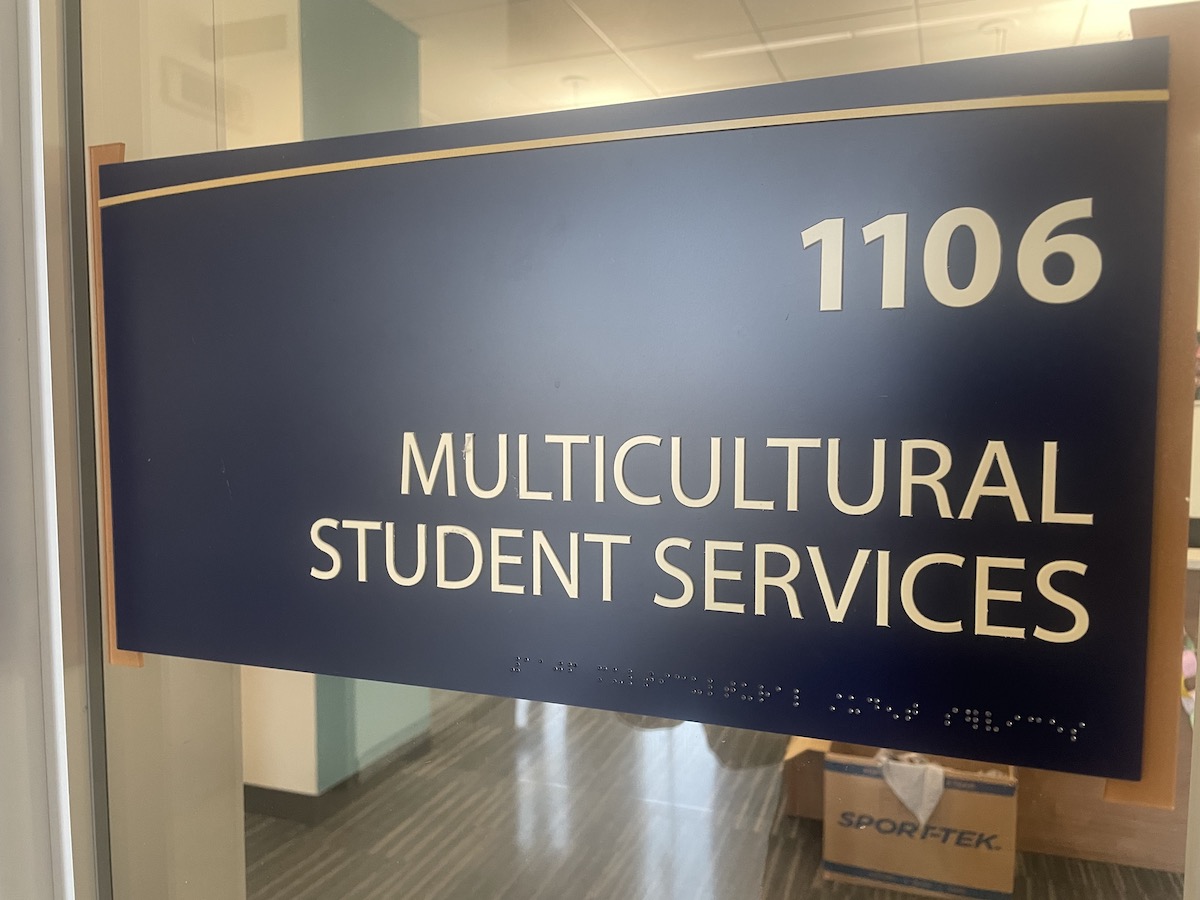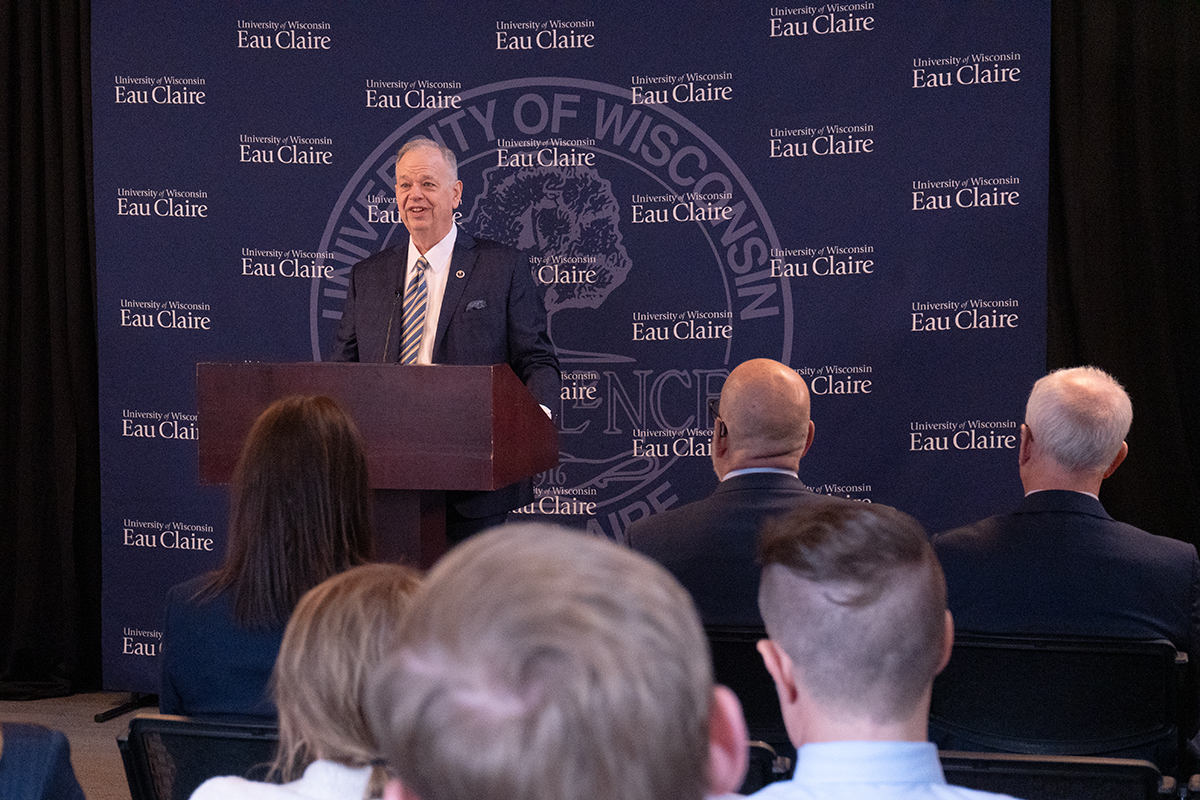 David Taintor
David TaintorThere is more to women in the Arab world than people may think. This was confirmed Friday to an almost full Phillips Recital Hall in Haas Fine Arts Center by Miriam Cooke, a professor from Duke University. Her lecture focused on feminism in Islam.
First, Cooke explained the role of women in Muhammad’s life. His first wife, Khadijah bint Khuwaylid, was a very powerful and wealthy woman and she proposed marriage to Muhammad. Khadijah was the first person to believe in the revelations Muhammad had, telling him not to ignore what now forms the Qur’an.
She also said the veil, or Hijab, was not Islamic but a tradition they incorporated. In the Quran Muhammad said, “when ever you hear a tradition that contradicts the Qur’an, trust the Quran which is right and the tradition is wrong.”
Cooke added forced veiling of women, as well as unveiling, was problematic and it is an act of choice people should respect.
In addition, Cooke talked about an Egyptian actress, Suheir Ramzi, who after she finished her acting career in an act of piety she returned to wearing a veil.
Cooke said she had a short journalism career before she got interested in feminism in Islam. During the Lebanese Civil War, Cooke was assigned to write a story about women writers, and she said she was surprised to have found more than 50 writers.
That’s when she decided to learn more about women’s movement because of its importance, she said.
“The way women have been portrayed to us in America is so one-sided,” Cooke said. “It’s like they show us ‘Look how bad they treat their women,’ but this is not true. I’m blown away by the strengths of these women, their unrelenting quest for their rights.”
Arabic professor Sofiene Addala said Cooke was a great speaker.
“She had a good understanding of the Arab world,” Addala said. “The lecture was based on facts and references and not assumptions.”
Graduate student Ganna Bakhtiyarova from Ukraine said she liked the presentation a lot and has been a fan of Cooke’s for a long time.
“She explained very well that Muslim women can be educated,” Bakhtiyarova said. “I thanked her for the lecture because she was really knowledgeable.”
This lecture was the inaugural presentation of the Arab World Lecture series, made possible by the UW-Eau Claire Foundation’s Arab World Lecture Fund; whish supports lectures that focus specifically on Arab world issues and the Middle East.






